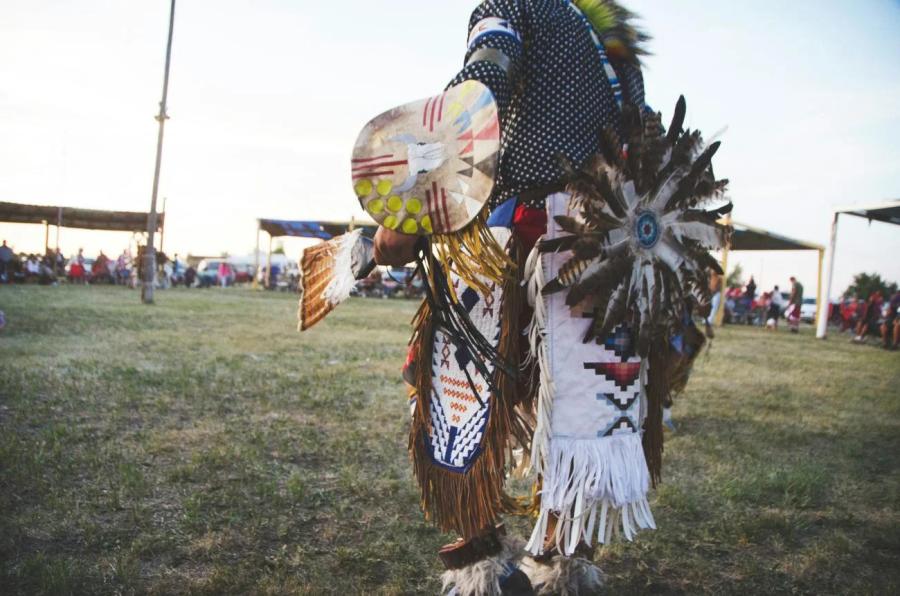The U.S. Supreme Court decided perhaps the most important Hawaiian case ever on February 23, 2000 -- Rice v. Cayetano. Plaintiff Rice, a caucasian rancher whose family has long lived in Hawai'i, sued the State of Hawai'i (Governor Cayetano) for its practice of limiting, by race, the right to vote for Office of Hawaiian Affairs (OHA) trustees.(1)
Many see the Rice Decision as the beginning of an attack on all Native Hawaiian programs. Soon after the decision, the Hawai'i legislature, OHA and several Hawaiian organizations pushed for federal recognition of Native Hawaiians. Hawai'i's congressional delegation has formed task forces to devise legislation to this effect. Others have resisted this attempt to qualify for benefits under the U.S. Constitution, suggesting that the proper framework should be one of colonization and decolonization instead.
The Rice Decision was correct -- to the extent that it is a decision from within the embrace of the U.S. Constitution. The real question is, why must the decision be made in the context of the U.S. Constitution?
The real controversy is the old controversy -- it's the story of the cowboys against the indians, the continental mentality against the islands reality, the colonizers against the Indigenous Peoples.
Fundamental questions need to be answered. The justices of the court in their majority decision declared,
When the culture and way of life of a people are all but engulfed by a history beyond their control, their sense of loss may extend down through generations; and their dismay may be shared by many members of the larger community. As the State of Hawaii attempts to address these realities, it must, as always, seek the political consensus that begins with a sense of shared purpose. One of the necessary beginning points is this principle: The Constitution of the United States, too, has become the heritage of all the citizens of Hawaii.
All we need to ask is WHY?
The answer is simple: because we continue to have thieves sitting in judgment of themselves, using their own standards, constitution, culture, mythology, and military to determine the extent of their own complicity in the great injustices done to our people and to dictate the terms of reconciliation.
I grant that the members of the Supreme Court are honorable men and women. They believe in the grandeur of their constitution. They abide by the golden rule, "Do unto others as you would want them to do unto you." The problem with this thinking is that they are not the others. They move from the foundation of their own history, their own definition of culture, their own mythology, all of which give them their basis of what is right and what is wrong. But they are not us. They don't know what we would want others to do unto us. They do not hear. They peer through the spectrum of constitutionalism. We are impacted through the spectrum of colonization.
The Rice decision is good, for it has given us in Hawai'i yet another opportunity to clarify our relationship with the United States of America. What should be the future of Hawai'i -- within or without the United States of America? Shall we see our native Hawaiian people even more fully subject to a constitution written for a continental people? Shall we have the Bureau of Indian Affairs substitute for our Office of Hawaiian Affairs and Department of Hawaiian Home Lands? Shall we step in time with the drumming which emanates from the U.S. Congress? Shall we be dictated to by a people an ocean and a continent away because we continue to fear our own freedom and the possibility that we may not be able to measure up to the intellectuality, the industriousness, and the connivance of the Americans? Shall we say YES for the sake of "unity" and become American Indians -- Native Americans?
We see self-styled "leaders" creeping and crawling closer to the promise of American relief under the banner of the U.S. Constitution and the U.S. Congress. But what is there to find under that banner? Not our dignity, not the respect of our culture, not the honor of our ancestors and our nation! We can already see what they want done under that banner: to make us a conquered people. They want us kow-towing to a foreign people who toss us crumbs every budget cycle, not proud, noble, independent and self-sufficient. Is this what you want?
Or shall we begin to follow the original path of our ancestors, the path of Pono?
Lili'uokalani, Kal kaua, the Kamehamehas, and many others, Ali'i, Kahuna, and Maka'ainana, today, cry out even more profusely for Independence. Oh, for a voice loud and commanding, beckoning us all to our sovereign devotion to independence -- Ku'oko'a, for our national house under a common roof of Aloha, a house with a room for Indigenous Peoples, and a larger, shared room for Hawaiian citizens of all color, religions, and races.
Our ancestors have deeded to us a promise far greater than what lies under that American banner. It is not a promise of power nor of profit. It is the humble promise of Pono.
Let us do justice to ourselves, to one another, to the memory of our ancestors, to our mo'omo'o and our pulapula. Let us find our partnership among those who share the common national, cultural, genealogical, environmental, and peace ancestry of Hawai'i and work hand in hand with one another in bringing forth this Pono in Hawai'i. Let us be fearless in our drive for independence. Let us be fearless in our compassion for all human beings. Let us be fearless in our Aloha for all.
Partnership, cooperation, an unswerving dedication to truthfulness and to our history, and a calm, clear, compassionate and certain vision of an independent Hawai'i, just and humane -- this is the dream to champion! Ahonui a lanakila. Aloha 'aina.
(1). In 1978, the state constitution was amended creating OHA, recognizing the special colonial history of Hawai'i and the need to address the resulting economic, social and cultural devastation suffered by the Native Hawaiian people. Since 1980, nine trustees of Native Hawaiian ancestry have been elected by Native Hawaiians.
Article copyright Cultural Survival, Inc.



